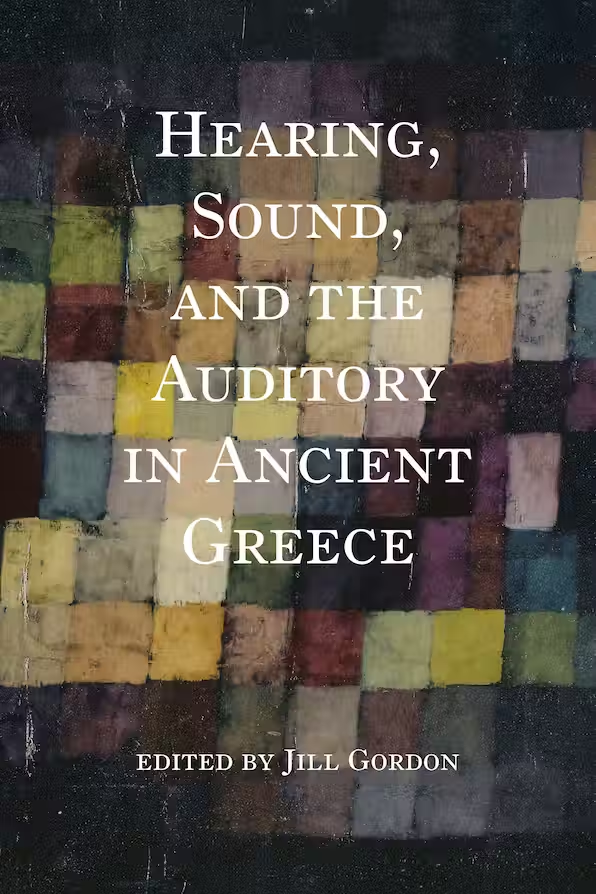Article

- Éditeur : Indiana University Press
- Pages : 186 à 208
- Date de création : 12-01-2024
- Dernière mise à jour : 12-01-2024
Résumé
Français
La notion de « tumulte » (θόρυβος) parcourt toute l’œuvre de Platon ; elle est ici étudiée en tant que puissance sonore perturbatrice pouvant entraver la communication et influencer la pensée. Drake relève les différents contextes sociaux et politiques dans lesquels l’individu est confronté au tumulte (banquet, tribunal, assemblée, etc.) mais aussi le bruit qui en constitue l’équivalent à l’intérieur du corps (sensation, émotion, désir, etc.). L’enjeu, pour le philosophe, consiste finalement à maintenir l’exercice de la pensée rationnelle face à cet environnement sonore perturbateur, et avec lui la domination de l’instance divine dans l’individu. Le Timée en formule les conditions physiologiques en décrivant l’éloignement de l’intellect relativement au tumulte de l’âme désirante et en soulignant le rôle susceptible d’être joué par les images contre les effets perturbateurs de cette dernière.
L. M.
Anglais
The notion of 'tumult' (θόρυβος) runs throughout Plato's work; here it is explored as a disruptive power of sound that can impede communication and influence thought. Drake notes the various social and political contexts in which the individual is confronted with tumult (banquet, court, assembly, etc.) but also the noise that constitutes its equivalent within the body (sensation, emotion, desire, etc.). For the philosopher, the challenge is ultimately to maintain the exercise of rational thought in the face of this disruptive sound environment, and with it the domination of the divine authority within the individual. The Timaeus sets out the physiological conditions for this, describing the intellect's distance from the tumult of the desiring soul and emphasising the role that images can play in countering the latter's disruptive effects.
L. M.